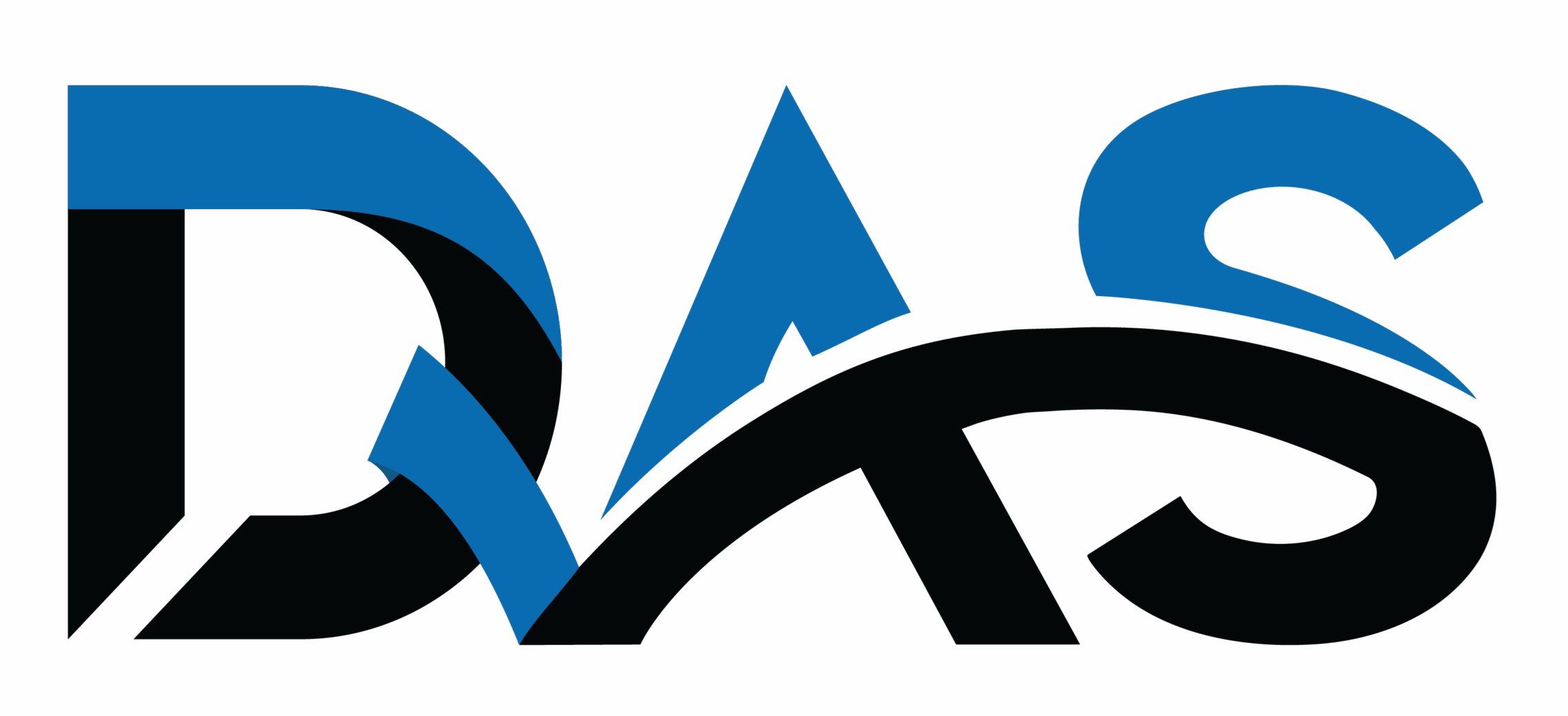ISO 37001 Anti Bribery Certification
🛡️ ISO 37001 – Anti-Bribery Management Systems
📌 What is ISO 37001?
ISO 37001:2016 is the internationally recognised standard for Anti-Bribery Management Systems (ABMS). It helps organisations establish, implement, and improve measures to prevent, detect, and address bribery across all areas of their operations and business relationships.
It provides a clear framework to:
✔️ Build trust and transparency
✔️ Manage bribery-related risks
✔️ Safeguard organisational reputation
✔️ Support compliance with anti-bribery laws and commitments
📜 History of ISO 37001
- Published: October 2016 by the International Organization for Standardization (ISO)
- Purpose: Created in response to a global demand for a unified anti-bribery framework
- Aligned With:
⚖️ UK Bribery Act
⚖️ US Foreign Corrupt Practices Act (FCPA)
⚖️ OECD Anti-Bribery Convention
⚖️ UN Convention Against Corruption
The standard also follows the Annexe SL structure, making it compatible with other ISO standards such as ISO 9001, ISO 14001, and ISO 45001.
📋 Key Elements of ISO 37001
Organisations working towards ISO 37001 should focus on:
🔹 Anti-Bribery Policy – A documented commitment against bribery
🔹 Leadership Commitment – Visible involvement from top management
🔹 Risk Assessment – Regular evaluation of bribery risks
🔹 Due Diligence – Checks on employees, partners, and third parties
🔹 Internal Controls – Approval processes, segregation of duties, audit trails
🔹 Training & Awareness – Education of staff on anti-bribery measures
🔹 Whistleblowing Mechanisms – Safe and confidential reporting channels
🔹 Investigations & Corrective Actions – Procedures for handling allegations
🔹 Monitoring & Evaluation – Ongoing review of effectiveness
🔹 Continual Improvement – Using feedback and audits to strengthen systems
👥 Who Can Use ISO 37001?
This standard is applicable to organisations of all types and sizes, including:
🏛️ Government bodies and state-owned enterprises
🌍 Multinational corporations
🤝 NGOs and donor agencies
🏗️ Construction, oil & gas, mining, and engineering sectors
🏦 Banks, financial institutions, and insurance firms
🏥 Healthcare and educational organisations
⚡ Public–Private Partnerships (PPPs)
Any organisation exposed to bribery risks in their operations, supply chains, or business relationships can benefit from adopting ISO 37001.
🎯 Benefits of Implementing ISO 37001
✅ Bribery Risk Reduction – Lowers the chance of bribery incidents
✅ Regulatory Alignment – Supports compliance with anti-corruption laws
✅ Reputation Protection – Builds credibility with stakeholders
✅ Stronger Governance – Encourages accountability and ethical practices
✅ Competitive Advantage – Valued by clients, governments, and funding agencies
✅ CSR Support – Contributes to sustainable and ethical business conduct
🛠️ How DAS Can Help
DAS supports organisations in strengthening their anti-bribery practices through:
🔹 Training & Awareness
Workshops and awareness programmes on ISO 37001 principles.
🔹 Gap Assessments
Identifying areas for improvement before implementation.
🔹 Internal Auditor & Implementer Training
Building internal capacity to develop, manage, and monitor ABMS.
🔹 Integrated Approach
Guidance on aligning ISO 37001 with other management systems such as:
✔️ ISO 9001 (Quality)
✔️ ISO 45001 (Health & Safety)
✔️ ISO 14001 (Environment)
✔️ ISO 27001 (Information Security)
📌 Conclusion
ISO 37001 provides organisations with a clear framework to combat bribery, protect their reputation, and promote ethical business practices.
✨ DAS helps organisations through training, awareness, and system development support, ensuring effective implementation and continual improvement of anti-bribery measures.
